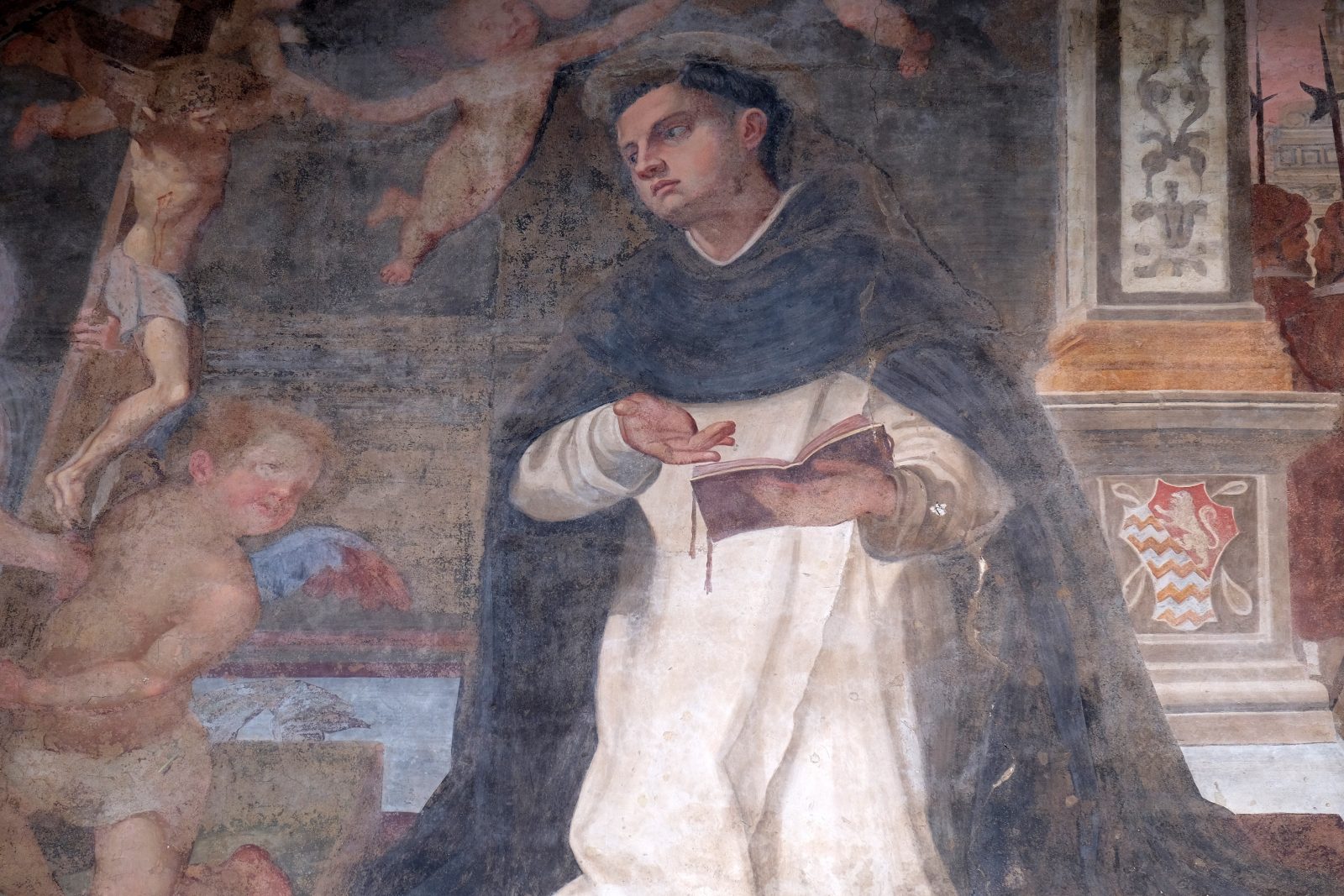


Physicist Brian Miller Answers the Big Bang Evaders
On this ID the Future, physicist Brian Miller looks at various attempts to evade the mounting evidence that the universe had a beginning, a Big Bang. Miller and host Casey Luskin first review the fascinating history of how the eternal universe model of the nineteenth century gave way to the Big Bang model. Then Miller walks through about a half a dozen attempts to evade a cosmic beginning after the Big Bang model had won the day. These evasions include the steady state model, the idea of an eternal cyclical universe, and the string landscape model. According to this model, our universe exists in a multi-dimensional brane (not “brain”) which exists in a higher dimensional space, and our multi-dimensional brane can collide with other branes, with each collision creating a Big Bang moment, a process said to have been going on for all eternity. Miller then explains why each of these attempts to evade a true cosmic beginning fail, and he says that if matter, energy, and space came into existence at the moment of the Big Bang, then it follows that the cause of this cosmic beginning is something immaterial. And since the cosmic beginning was finely tuned in many astonishing ways, Miller says, the cause of the Big Bang has left the signature of intelligent design. The cause, then, is an intelligent, immaterial being and one, obviously, of unimaginable power. Miller and Luskin then touch on a final attempt to evade these implications, the idea that the universe could have popped into existence from nothing—no God, no anything. But as Miller shows, the proposals along these lines, offered by such physicists as Lawrence Krauss and Stephen Hawking, do not actually start from nothing. There is always a something at the ground state, a something whose origin is left unexplained. The occasion for the conversation is Miller’s essay in the recent Harvest House anthology, The Comprehensive Guide to Science and Faith: Exploring the Ultimate Questions About Life and the Cosmos.

Pt. 4: Stephen Meyer and Skeptic Michael Shermer
This ID the Future wraps up a lively four-part series between religious skeptic Michael Shermer and Return of the God Hypothesis author and philosopher of science Stephen Meyer. Here Meyer underscores the fact that every worldview must posit something as the prime reality, and he argues that positing mind (rather than matter) as the prime reality solves far more problems in science, and not just in origins science. What about the idea of a multiverse to explain the fine tuning of the laws and constants of physics? Meyer concedes that this is a solution of sorts, but it comes at a tremendous cost, which he explains. That’s just a taste of where Meyer and Shermer go in this final segment. Also threading its way through this rich finale–Deepak Chopra’s eastern take on reality, the mind-bending idea of absolute nothingness, mind-body dualism, Michael Polanyi, John Searle, and even a cameo appearance from the Boltzmann brain. This podcast series is posted here by permission of Michael Shermer. The full video conversation is available here.

Pat Flynn and Stephen Meyer Talk Thomism and Intelligent Design
On today’s ID the Future, Return of the God Hypothesis author Stephen C. Meyer sits down with podcaster and philosopher Pat Flynn to discuss Meyer’s new book. Flynn notes that some contemporary followers of the great medieval Catholic philosopher Thomas Aquinas argue that the theory of intelligent design is incompatible with Thomism. In response Meyer, a philosopher of science and the director of Discovery Institute’s Center for Science and Culture, points out that some Thomists are fully on board with ID, and he offers reasons why he sees ID as fully compatible with Thomistic philosophy. Flynn and Meyer then move into a discussion of Meyer’s new book with a particular focus on the sections exploring the beginning of the universe and the fine tuning of the cosmos for life. The interview is used by permission of Pat Flynn.

God Hypothesis Returns: Frank Turek and Stephen Meyer Report
Today’s ID the Future episode features excerpts from a lively conversation with Frank Turek as host and Stephen Meyer as guest. The focus: Meyer’s new USA Today bestseller, Return of the God Hypothesis: Three Scientific Discoveries that Reveal the Mind Behind the Universe.* The two discuss the new book, and Meyer fields questions from the audience. The conversation originally appeared on Turek’s national radio show, CrossExamined, and the excerpts from that longer interview are used here with permission.

Stephen Meyer Defends His New Book to Cosmologist Brian Keating, Pt. 2
Today’s ID the Future continues (by permission) the long-form conversation between Stephen Meyer, author of the newly released USA Today bestseller Return of the God Hypothesis, and UC-San Diego physicist Brian Keating. Here in part two the conversation turns to quantum cosmology, multiverse hypotheses, Stephen Hawking, and Hawking’s now-you-see-it/now-you-don’t use of imaginary time to deny a cosmic beginning. Meyer argues that Hawking’s imaginary-time trick doesn’t wash, there remains powerful evidence for a cosmic beginning, and that this beginning is best explained as the creation act of an intelligent, immaterial being. Also, Keating and Meyer tackle the question: Did Isaac Newton really blunder by invoking a God of the gaps to periodically tweak the solar system to smooth out perturbations? That is, was Newton led astray by his theism to opt for a science-stopping invocation of God to explain away a problem in his theory? Meyer’s PhD in the history and philosophy of science happens to be from Newton’s university, Cambridge, and Meyer says that he researched the issue in particular and no, the oft-repeated claim is a myth. What is true, Meyer says, is that Newton, Kepler, and other founders of modern science were inspired to search out and find the rational order hidden in nature because they were theists, convinced that nature was the work of a rational Creator. Check out Keating’s website here, and get a copy of Meyer’s new book here.
